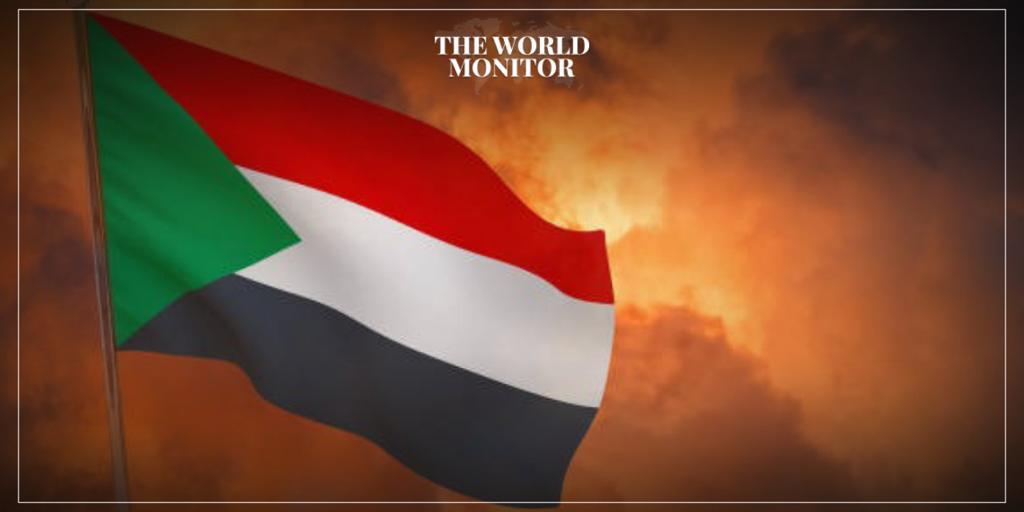Sudan’s Minister of Finance and Economic Planning, Jibril Ibrahim, called upon the international community to release the country‘s funds that have been withheld due to political reasons.
In his discourse, he firmly denied any connection between the rumored debt relief for Sudan and the six-month war duration. Ibrahim assured that protocols and a set of measures concerning the exchange rate have been implemented.
The increased demand for the dollar, he elucidated, was primarily due to the import of petroleum derivatives following the halt of operations at the Khartoum refinery.
Despite the dire circumstances of war, Minister Ibrahim expressed a positive outlook towards the future of the nation’s economy. He anticipates a recovery post-war through an influx of investments into both national and foreign capital.
Especially since experiences have proven that the profitability rates achievable in Sudan are unattainable in other countries, ensuring that investors will not encounter any problems.
Speaking to the Sudan News Agency (SUNA), the Minister emphasized, “Sudan possesses immense and significantly vast potentials, which are not available in most countries worldwide, such as agriculture, minerals, and animal wealth.
These require substantial arrangements related to the decentralization of services from a single location like the capital.”
Ibrahim clarified that Sudan has reached an understanding with international financing institutions to support funding for education, the health sector, and essential services like drinking water, irrigation, and agriculture.
The United Nations Commission on Human Rights in South Sudan has leveled accusations against the country’s National Security Service, alleging threats to media freedom and civil society, thereby undermining the prospects of a successful democratic transition.
The revelation comes more than a year before South Sudan’s next scheduled election.
The damning findings were unveiled in a recent report, compiled from the UN commission’s independent investigations conducted throughout 2023. This report delves into disturbing incidents involving journalists and civil society members, both within and beyond South Sudan’s borders.






